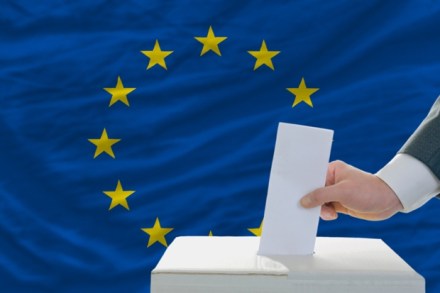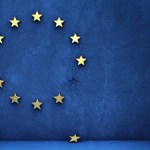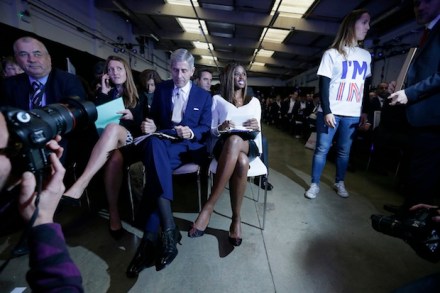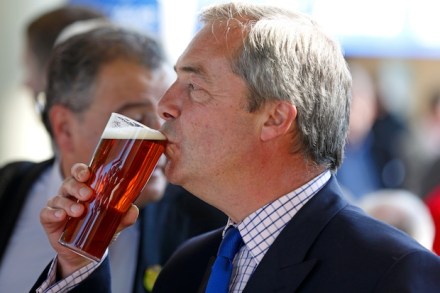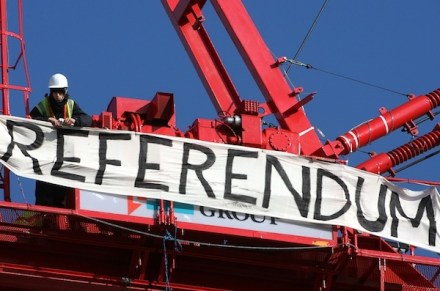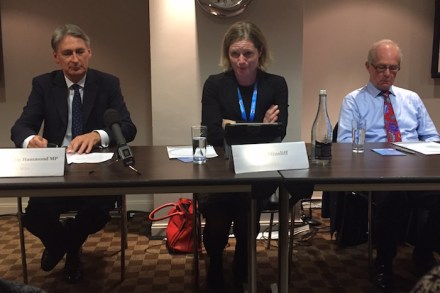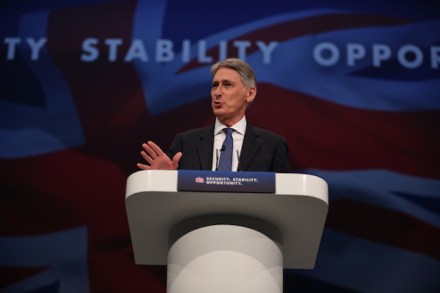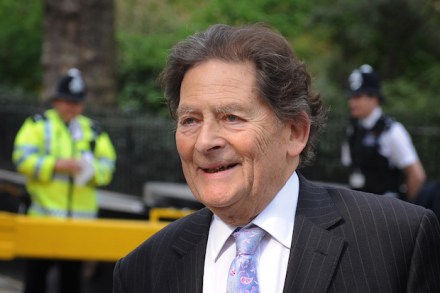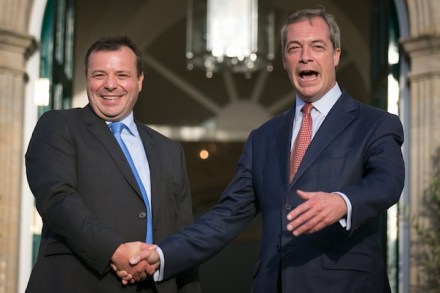OK: I’m convinced: one EU referendum might not be enough
We now have to take seriously the possibility that in the EU referendum Britain will vote to leave. I had hardly contemplated that. At the time (in January 2013) I saw the Prime Minister’s pledge to consult the electorate as a tactical move, designed to conciliate his party. It may well have helped David Cameron hold off the Ukip at the last general election, and secure the winning edge his party achieved. But those of us who supposed (as did I) that the electorate would never vote to leave, so a referendum was a pretty low-risk gamble with our membership of the EU, may wonder now if we were right.
